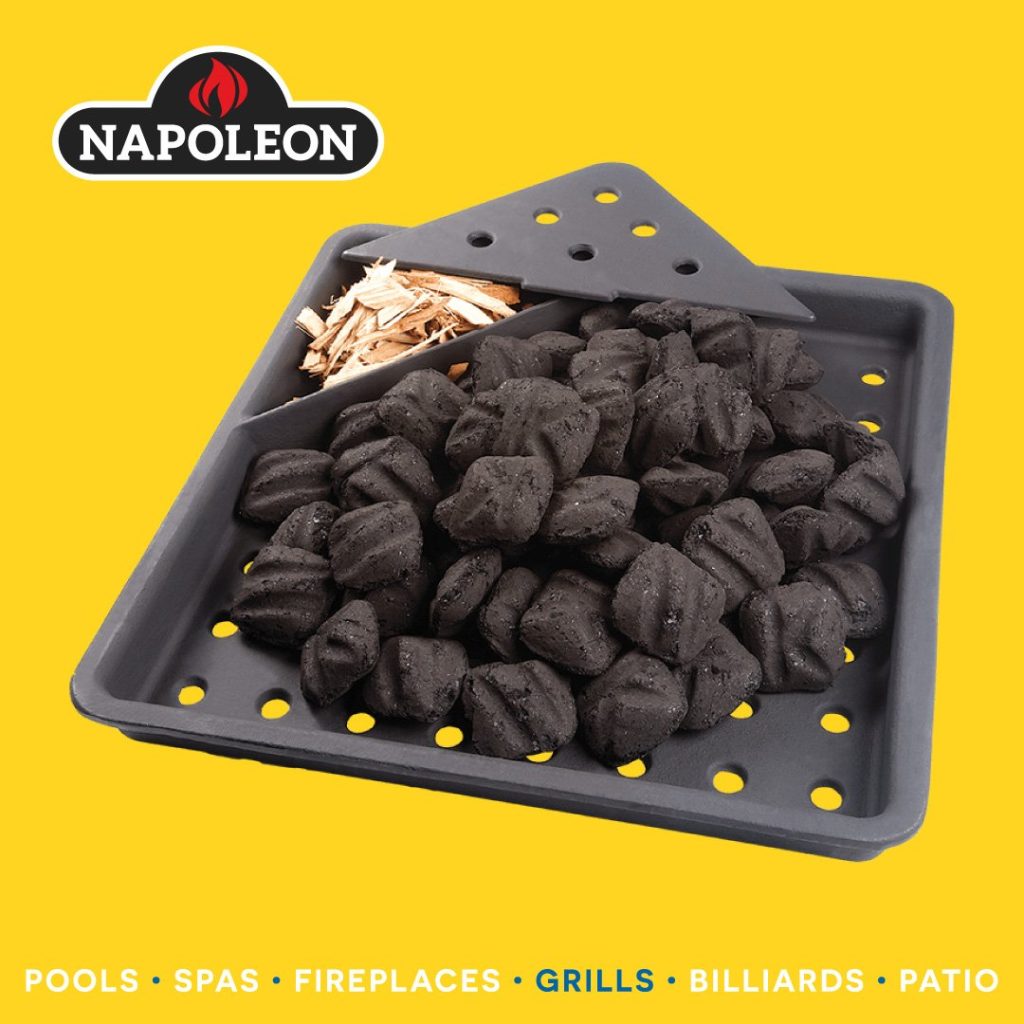Can you put coal in a gas grill? The answer is simple: no. While it might seem tempting to experiment with different fuel options, it’s important to understand that gas grills are designed to handle specific types of fuel, and coal is not one of them. So, if you’re wondering about the possibility of using coal in your gas grill, it’s time to explore safer and more efficient alternatives. In this article, we’ll delve into why coal is not suitable for gas grills and explore some alternative options that will help you achieve the perfect grilling experience. Let’s get started!
Can You Put Coal in a Gas Grill?
Gas grills are a popular choice for outdoor cooking due to their convenience and ease of use. However, many grill enthusiasts wonder if it’s possible to put coal in a gas grill. In this article, we will explore this topic in detail and provide you with all the information you need to know.
Understanding Gas Grills
Before we delve into whether coal can be used in a gas grill, let’s first understand how gas grills work. Gas grills are fueled by propane or natural gas, which is ignited to create a flame. The heat produced from the flame cooks the food on the grill grates. Gas grills offer precise temperature control and quick heating, making them a convenient option for grilling.
The Difference Between Gas and Charcoal Grills
Gas and charcoal grills have distinct differences in terms of fuel and cooking methods. Charcoal grills use charcoal briquettes or lump charcoal as fuel. The fuel is ignited, producing intense heat that cooks the food. Charcoal grills are known for imparting a distinct smoky flavor to the food.
Gas grills, on the other hand, rely on propane or natural gas as fuel. These grills are equipped with burners that produce a controlled flame for cooking. Gas grills offer convenience and faster cooking times compared to charcoal grills.
Potential Risks and Dangers
While it may be tempting to experiment with different fuels in your gas grill, it is important to be aware of the potential risks and dangers involved. Putting coal in a gas grill can lead to serious problems, including:
- Fire hazards: Gas grills are designed to handle the specific fuel they are intended for. Introducing coal into a gas grill can cause unexpected flare-ups and fires.
- Damage to the grill: The high heat produced by burning coal can damage the internal components of a gas grill. The intense heat can melt or warp the burners, grates, and other parts, resulting in costly repairs or even rendering the grill unusable.
- Poor heat distribution: Gas grills are designed to distribute heat evenly across the cooking surface. Using coal can disrupt this even heat distribution, leading to uneven cooking and potentially undercooked or overcooked food.
- Poor air circulation: Gas grills are designed with specific vents and airflow systems to ensure proper combustion. Introducing coal can disrupt this airflow, leading to incomplete combustion, increased carbon monoxide production, and potential health hazards.
Limitations of a Gas Grill
While gas grills offer convenience and quick cooking times, they also have some limitations when it comes to flavor and smoke production. Gas grills may not provide the same level of smoky flavor as charcoal grills. Additionally, gas grills may not achieve the same high temperatures as charcoal grills, which can affect certain cooking techniques like searing.
Enhancing the Flavor of Gas Grilled Food
If you’re a fan of the smoky flavor associated with charcoal grills, there are ways to enhance the flavor of your gas-grilled food. Consider the following:
- Wood chips: Soaking wood chips in water and then placing them in a smoker box or aluminum foil pouch can add smoky flavor to your gas-grilled food. Place the wood chips near the burner or heat source to allow them to smolder and release smoke.
- Smoker boxes: Smoker boxes are designed to hold wood chips or pellets and can be placed directly on the heat source of your gas grill. These boxes allow for consistent smoke production throughout the cooking process.
- Grill mats: Grill mats are non-stick mats made of heat-resistant materials that can be placed on the grates of a gas grill. These mats help to prevent flare-ups and also capture smoky flavors.
Choosing the Right Grill for Your Needs
If you’re a fan of both gas and charcoal grilling, you may consider investing in a hybrid grill that offers both cooking options. A hybrid grill allows you to switch between gas and charcoal, giving you the flexibility to enjoy the convenience of gas grilling or the smoky flavors of charcoal grilling.
In conclusion, it is not recommended to put coal in a gas grill due to the potential risks and dangers involved. Gas grills are specifically designed to operate with propane or natural gas, and introducing coal can cause fire hazards, damage to the grill, and compromise the overall cooking performance. If you desire the smoky flavors associated with charcoal grilling, consider using wood chips or investing in a hybrid grill that offers both gas and charcoal cooking options. Remember to always prioritize safety and follow the manufacturer’s guidelines for your specific grill model. Happy grilling!
How to use a charcoal grill in a propane barbeque
Frequently Asked Questions
Can you put coal in a gas grill?
No, it is not safe to put coal in a gas grill. Gas grills are designed to operate with propane or natural gas as fuel, and they are not designed to handle coal. Putting coal in a gas grill can lead to serious safety hazards, including the risk of explosion.
Why is it dangerous to put coal in a gas grill?
Coal requires a different type of combustion than gas. Gas grills are equipped with burners specifically designed to work with propane or natural gas. Putting coal in a gas grill can cause the coal to ignite improperly, leading to potential gas leaks, fire hazards, and even explosions.
Can I use charcoal in a gas grill instead of coal?
No, using charcoal in a gas grill is also not recommended. Charcoal grills and gas grills are designed differently, and charcoal produces a significantly higher amount of heat compared to gas. Using charcoal in a gas grill can result in overheating, damage to the grill’s components, and increased safety risks.
What are the alternatives to using coal in a gas grill?
If you prefer the flavor of charcoal, it is recommended to use a dedicated charcoal grill. Alternatively, you can use wood chips or pellets designed for gas grills to add a smoky flavor to your food. These options are safe and specifically designed to work with gas grills.
Are there any risks associated with using the wrong fuel in a gas grill?
Yes, using the wrong fuel in a gas grill can result in various risks. It may damage the grill’s burners, cause flare-ups, lead to uneven cooking, and compromise the overall performance of the grill. Additionally, using the wrong fuel can void the warranty of the grill.
Final Thoughts
Putting coal in a gas grill is not recommended. Gas grills are designed to be used with propane or natural gas, not coal. Coal can produce excessive smoke and soot, which can lead to poor cooking results and potentially damage the grill. Additionally, coal requires a different type of heat distribution than gas, so it may not evenly distribute heat in a gas grill. To get the best results and ensure the longevity of your grill, it is important to use the appropriate fuel, such as propane or natural gas, and follow the manufacturer’s guidelines. So, can you put coal in a gas grill? The answer is no, it’s not a good idea.

